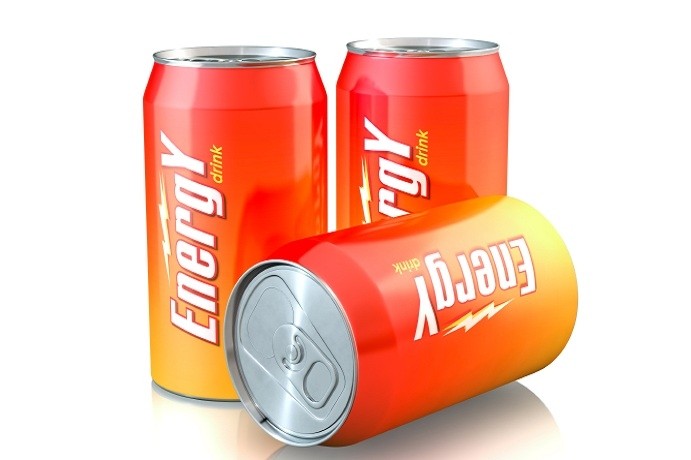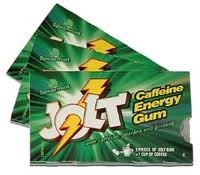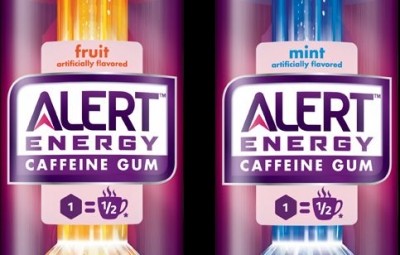Reaction to IOM's final report on caffeine meeting: More data needed, but new regs unlikely

But they agreed that more study of the ingredient would give a fuller picture of its potential effects in the variety of food an beverages matrices in which it appears. Although the consensus from the meeting is that overall incidents are low, refining the way in which incidents reports are gathered in connection with caffeine—better defining dosage and more precisely identifying the products connected with each incident, for example—would go a long way in helping to parse out whether certain product categories might in fact present a problem.
New category unlikely
“I do not think it is likely that FDA will set up a regulatory category of caffeine-containing products,” Duffy MacKay, vice president of regulatory and scientific affairs at the Council for Responsible Nutrition told NutraIngredients-USA. “It wouldn’t make sense because of the way caffeine straddles all the categories. If anything, it would make sense to put out guidance for what is considered a safe level.”
The report is based on a workshop that took place in August of last year in Washington DC. Commissioners heard testimony from a variety of witnesses and also took comments from some experts in attendance, one of whom was Rick Kingston, PharmD, who is president, Regulatory and Scientific Affairs, SafetyCall International, and Clinical Professor of Pharmacy, University of Minnesota.
Kingston said one of the fears prior to the release of the report was whether the comments added by the reviewers would color the overall picture of what was said at the public forum. From his take, that didn’t happen, and the reviewers did a good job of wrapping up what took place.
“It seems to me that they did a nice job of capturing the nice flavor of the meeting and highlighted where there was not only differences of opinion but lack of consensus. And differences of opinion that were based in the science,” he said.
Skewed view
At the meeting Kingston commented that some of the data from poison control centers that might at first glance have indicated that among children there was serious cause for concern when talking about caffeine intake. But excluding two important categories from the data related to incidents for children less than 6 years old—non-toxic, no follow-up, asymptomatic outcomes and minor effect, no follow-up events—skewed the view, he said. The report said, “According to Kingston, if the excluded outcomes are included, children less than 6 years of age had the lowest incidence of adverse effects even though they had the highest exposure rate. In fact, according to Kingston, 85 percent of cases involving children less than 6 years of age were either non- toxic or resulted in minor adverse consequences.”
Among the motivations of the meeting was months of pressure applied to FDA by Senators Dick Durbin, D-IL and Richard Blumenthal, D-CT on the subject of the safety and marketing of energy drinks. In particular, the senators cited the sad case of a 14-year-old Maryland girl who died after drinking two Monster Energy beverages in a 24-hour-period. Implied in their inquiries was the fear that younger consumers represented a vulnerable population for whom special care should be exercised in connection with caffeine exposure.
“If you think about what prompted this whole interchange, people where going into this meeting to identify the safety and toxicity issues associated with energy drinks. What I am coming out of this meeting with is a question as to whether this is really a safety issue here,” Kingston said.
“I think that there might have been a question on the part of the average consumer out there that (energy drinks) must be very dangerous because they are getting a lot of attention,” he said.
Data gaps
While the report did highlight the lack of consensus on whether caffeine appearing in new product categories represented a pressing public health concern, the reviewers did say that persistent data gaps remain.
“Other than certain nutrients, there is probably no other food ingredient that has been more heavily studied than caffeine. Yet, as illustrated throughout this report, a wealth of unanswered questions remain about exposure to caffeine in food and dietary supplements and the health consequences of that exposure, especially in certain potentially vulnerable populations (e.g., children, adolescents, individuals with underlying genetic susceptibilities, pregnant women),” the report said.
“I’m going to be biased because I’m a scientist. I absolutely think more research is necessary,” MacKay said. MacKay said this was especially true in the matter of the effect of caffeine in concert with the other ingredients that are popular in energy supplements such as taurine.
And while MacKay said the inauguration of a whole new regulatory category is unlikely, he did say that Durbin's and Blumenthal’s concerns about how energy drinks are marketed will likely remain a hot button issue for regulators.
“I do think there is going to be a concerted effort to rein in any marketing to children,” MacKay said.
















